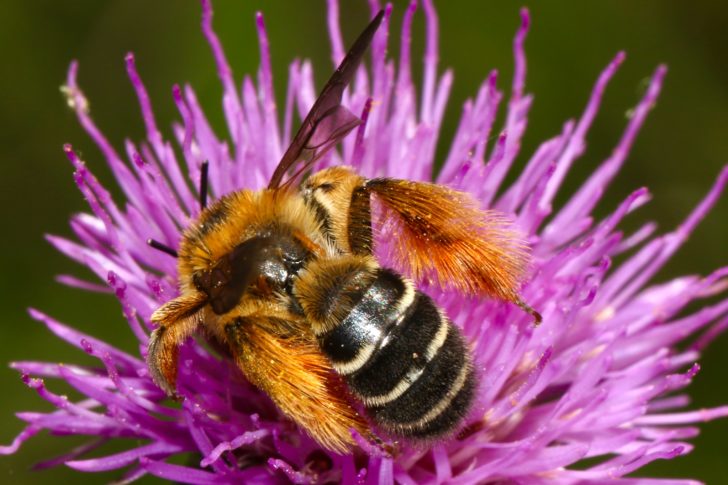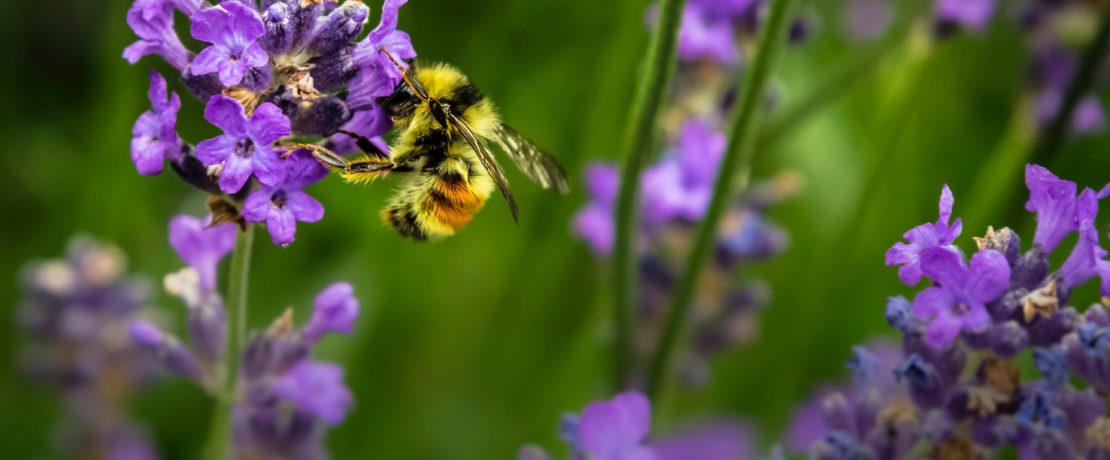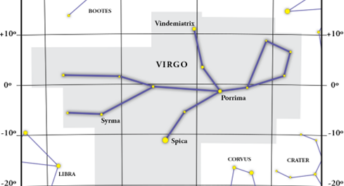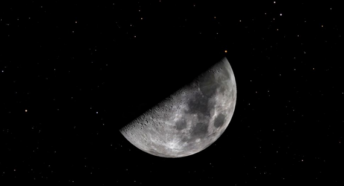Bees’ Needs Week 12-18th July
Bees are essential for the health of people and the planet. Honey and other products have medicinal properties, and the role of bees as pollinators makes them vital for food supplies.
Often seen buzzing from flower to flower, it’s as difficult to imagine a world without bees as it would be one without trees. These hard-working winged insects have been around for millions of years, pollinating our plants and producing the sweet golden syrup we call honey.
A world without bees is sadly becoming more of a possibility, as these important insects are in severe decline. If bees were to become extinct the planet could be in serious trouble, because these creatures are such an integral part of most ecosystems.
You might be surprised to learn there are more than 250 species of bee in the UK. Bumblebees, mason bees, mining bees – these are just one small part of a big, beautiful family.
Why are bees important?
While to many they are simply the fuzzy flying insects we see darting among the flowers during the warmer months, bees are actually so much more than this, and have an important part to play in maintaining our planet. Where trees and woods are essential to filter our air, bees are vital to both pollinate the food we need to survive and pollinate many of the trees and flowers that provide habitats for wildlife.
Why are bees disappearing?
Bees are in decline on a global scale as they face many threats, from habitat loss to the use of toxic pesticides. If these threats aren’t brought under control, we could be looking at a future without bees.
Bees’ Needs Week is an annual event coordinated by Defra, working alongside charities, businesses, conservation groups and academic institutions to raise awareness of bees and other pollinators.
Bees and other pollinators are vital to growing lots of our favourite foods and for plants to flourish in our fields and gardens. Bees’ Needs Week is a great opportunity for you to find out more about how important pollinators are and how you can support them.

How you can help bees?
Let’s help our plants by helping our bees!
Plant a variety of bee-friendly plants so they can thrive throughout the seasons and avoid using pesticides. Did you know that bees see purple more clearly than any other colour – so plant lots of purple-flowing plants to attract more bees to your garden.
Parents, why not get your children involved by starting a vegetable garden using the guide. Create fun activities to get them excited, such as how many bees have visited the plants in your garden? Can they count them? Can they see and name the different parts of the plant?
There are five simple actions you can take to help pollinators and make sure their populations are sustained:
- Grow more flowers, shrubs and trees
- Let your garden grow wild
- Cut your grass less often
- Don’t disturb insect nest and hibernation spots
- Think carefully about whether to use pesticides
Here you can find more information and inspiration on ways to do your bit for pollinators:
- Spend 10 minutes counting insects on flowers using the FIT Count app
- Resources for schools
- Learn to identify bumblebee species online
- Interactive learning about pollinators for kids and grownups
- Children’s fun and learning activities
- Adult and family learning resources and gardening videos
- Interactive learning about pollinators for kids and grownups
- Wildlife gardening ideas:
Don’t forget to upload pictures of your bee-friendly flower and vegetables gardens on social media and tag us so we can see your un-bee-lievable photos! Find us on Facebook and Instagram.








